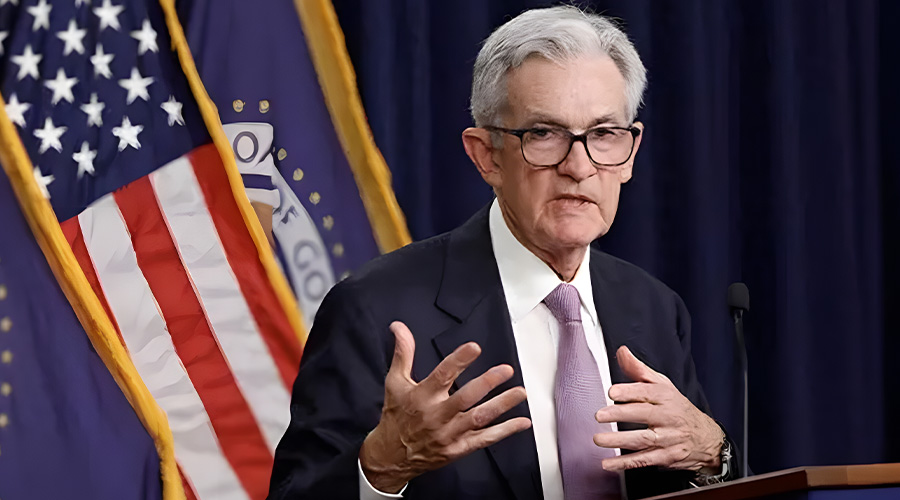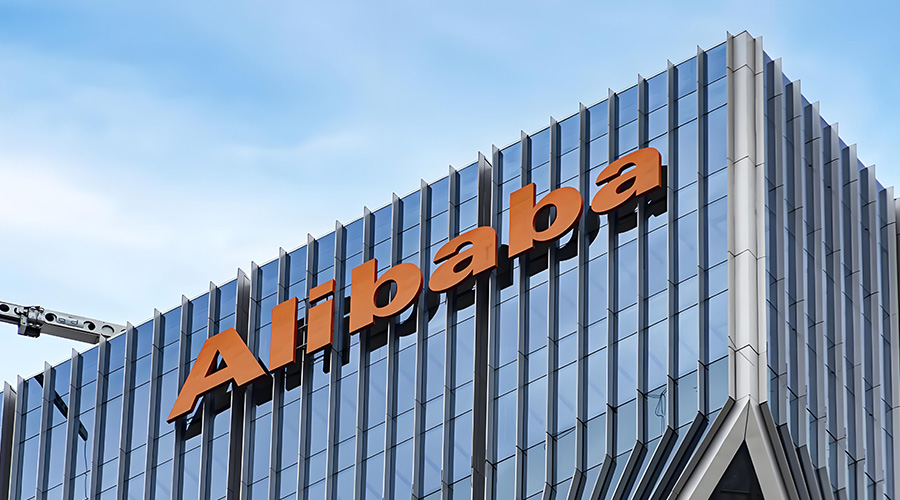Uncovering fund rat trading: How investors lost $263.345 billion?
What is Fund Rat Trading?
The term "fund rat trading" refers to the behavior of fund managers or senior executives of fund companies who, without disclosure, utilize their positions to engage in illegal trading practices. Specifically, these actions typically manifest in the following ways:
- Firstly, fund managers may use personal funds (or the company's own funds) to purchase a particular stock at a low price. Subsequently, they leverage investor funds to buy large quantities of the same stock, thereby driving up its price. When the stock reaches a high point, the managers sell their initially acquired shares first, realizing profits.
- More egregiously, speculative funds or traders may artificially inflate the price of certain stocks, prompting fund managers to purchase them at these inflated prices. After the former sells off these stocks at the peak (i.e., the fund takes over the holdings), both parties privately divide the profits based on a pre-agreed ratio.
These actions constitute a form of benefit transfer and insider trading, potentially trapping fund investors' capital and causing severe losses.
The hazards of fund rat trading encompass
Harming Investor Interests: Fund managers or insiders engage in rat trading, exploiting investor funds for personal gain. They preemptively buy stocks, push up prices with public funds, and sell at highs for profits, while investors may get stuck with losses.
Undermining Market Fairness: Rat trading disrupts market fairness and integrity. Fund managers or insiders leverage inside information and positional advantages to conduct unfair transactions, damaging other investors' interests.
Tarnishing the Fund Industry's Image: Rat trading is a scandalous practice in the fund industry, severely impacting its image and reputation. Such illegal activities erode investor trust, hindering the industry's development.
To avoid falling victim to fund rat trading, the best approach might seem to be avoiding fund investments altogether. Fund investors paying substantial management fees only to see their money depleted is unwise.
Typical cases of fund rat trading
Fund rat trading is prevalent in A-share markets. According to public reports, in 2022, A-share public funds incurred losses of 1.45478 trillion yuan ($202.70323 billion) while collecting management fees of 145.826 billion yuan. In 2023, losses amounted to 434.774 billion yuan with management fees of 135.657 billion yuan. Over two years, losses totaled nearly 1.89 trillion yuan, accompanied by nearly 281.5 billion yuan in management fees. For 2024, though specific figures are yet to be released, estimates based on fund holdings suggest numerous funds with losses exceeding 10%.
tags:
Case studies of fund rat trading: How investors can mitigate risks
Fund rat trading: The hidden profit tunneling by fund managers
The negative impact of fund rat trading on markets








Comments (0)